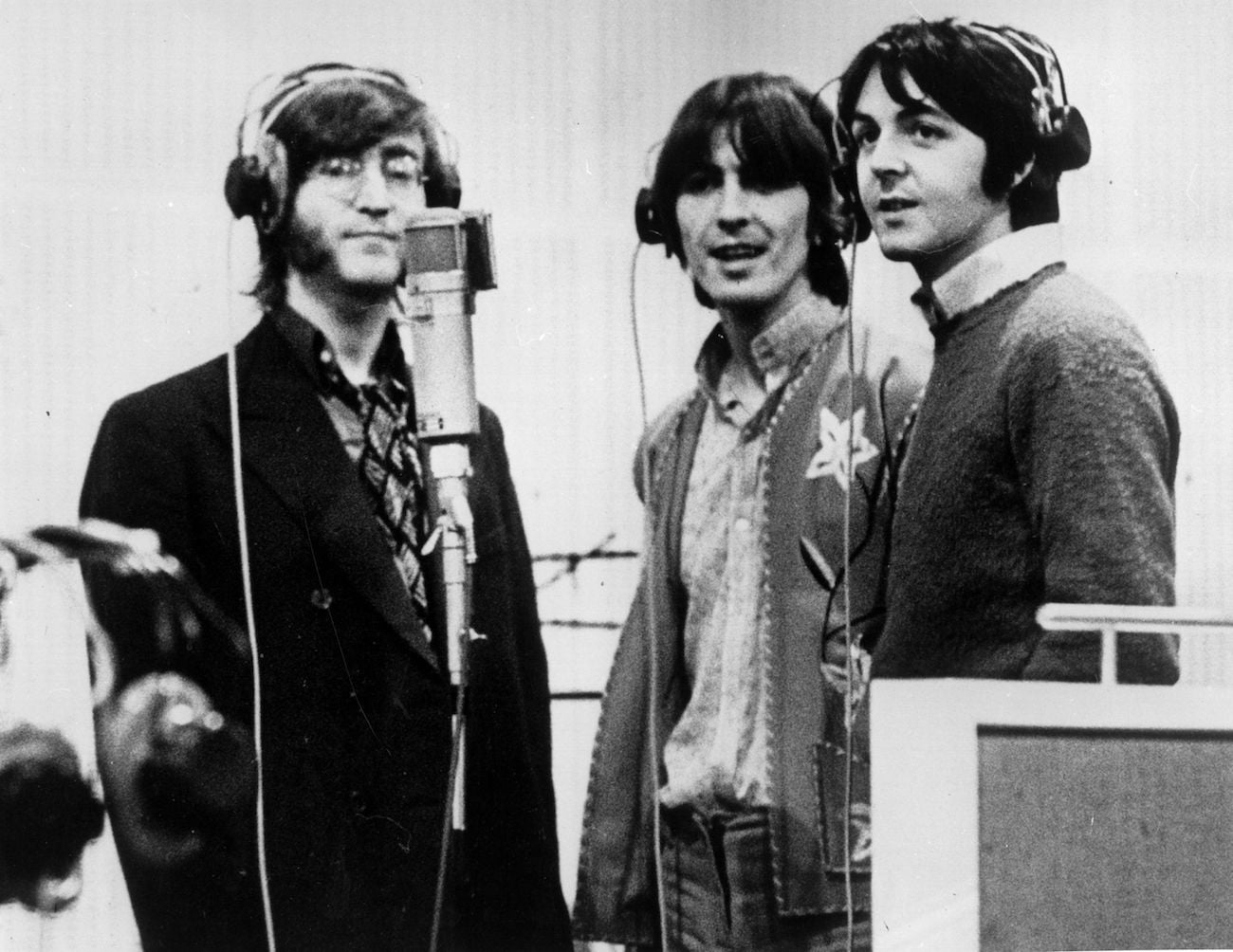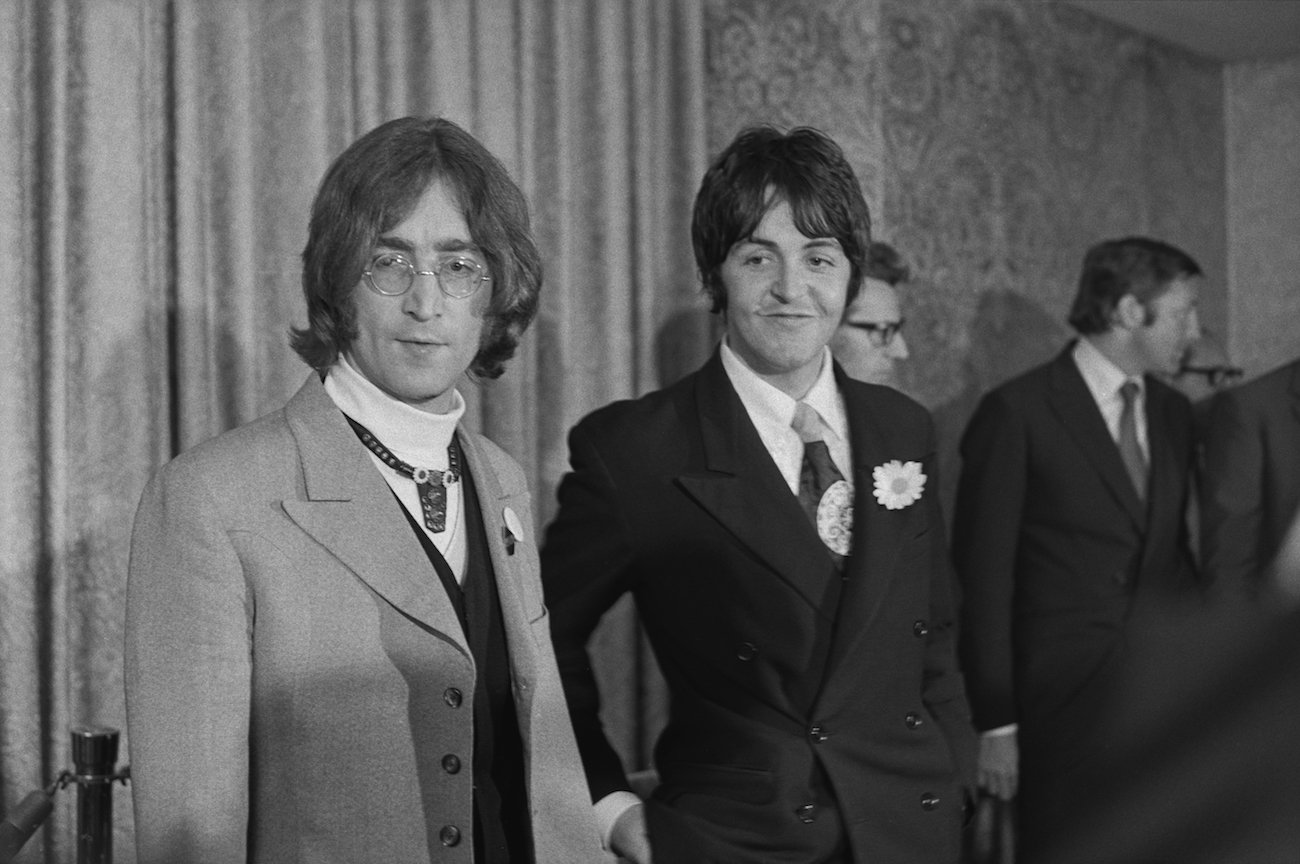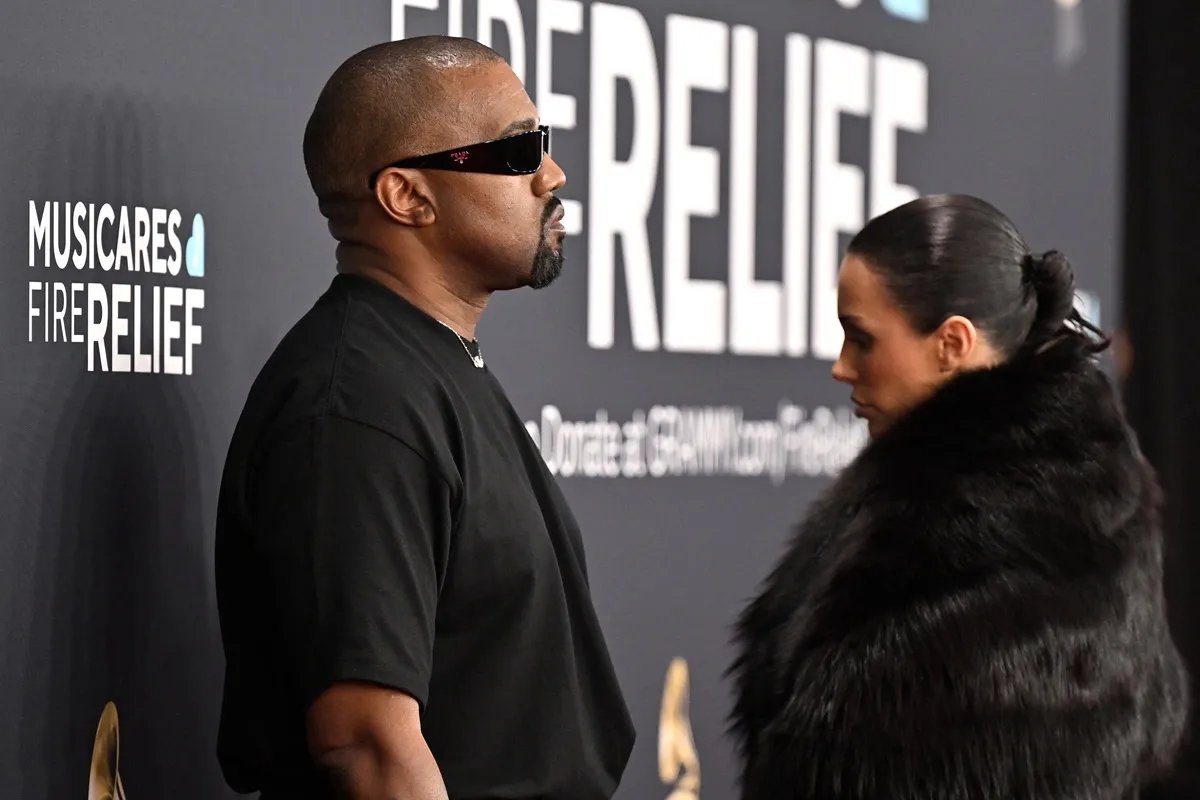
Ringo Starr Said Paul McCartney Always Had to Call the Rest of The Beatles to Come to Work
Ringo Starr once admitted that Paul McCartney had to call the rest of The Beatles to come to work. Paul always assumed the role of boss in The Beatles, whether he liked it or not.

Paul McCartney often called the rest of The Beatles into work
The Beatles are frequently recognized as one of the best rock ‘n’ roll bands. However, like everyone else, they didn’t exactly want to come to work every day. “They” meaning George Harrison, John Lennon, and Ringo.
Besides being late for The Beatles’ first official meeting with their soon-to-be manager, Brian Epstein, because he was bathing, Paul was always punctual and ready to take on anything in the recording studio and beyond. He was often the overachiever, which later morphed into an authoritative, bossy demeanor.
Paul often called the rest of The Beatles to come into the recording studio after none of them showed up. In Martin Scorsese’s documentary, George Harrison: Living in the Material World, George explained he, John, and Ringo lived close to each other in Surrey. John would pick them up, and they’d smoke a lot of marijuana while Paul waited for everyone in the studio.
“We have to thank Paul that we made as many records as we did because, you know, John and I, because we lived in the same area, would be hanging out,” Ringo explained in the documentary. “It’s like a beautiful day in the garden in England, and the phone would ring, and we’d always know it was him.
“‘He wants us to work!'”
Paul was ‘scared’ of being the boss of The Beatles
More often than not, Paul did act like the boss in The Beatles, especially after the group’s manager, Brian Epstein, died and they lost their direction making Let It Be. In Peter Jackson’s The Beatles: Get Back, George said it was never the same ever since Epstein died. Paul agreed that the band had become very negative since Epstein died.
“It’s discipline we lack,” Paul said. “We’ve never had discipline. We had a sort of slight, symbolic discipline. Like Mr. Espstein. You know, he sort of said, ‘Get suits on,’ and we did, you know. And so we were always fighting that discipline a bit.
“There really is no one there now to say, ‘Do it.’ Where is, there always used to be. Daddy’s gone away now, and we’re on our own at the holiday camp. I think we either go home or we do it. I think we’ve got a bit shy, you know?”
Paul often took it upon himself to tell the rest of The Beatles to “do it.” However, being the boss scared Paul. He didn’t want to come off as domineering, but at the same time, the group needed direction. The only problem was that his bandmates didn’t want to listen to him.
“I’m scared of being the boss,” Paul said. “And I have been for like a couple of years. It’s like, I always sound — I always feel as though I’m trying to put you down and stop you [from] playing. But I’m not. I’m trying to stop us all [from] playing until we know what we’re playing.”
Paul’s domineering was one of the many reasons why The Beatles broke up
Eventually, Paul’s domineering went too far. George got sick of Paul trying to control everything and suddenly quit. They convinced him to come back, but then another explosive moment between Paul and John. Jackson’s three-part documentary played a secret conversation, never before heard, in which the songwriting partners discussed the band’s problems and who was boss.
“Now, the only regret about the past numbers is when, because I’ve been so frightened, I’ve allowed you to take it somewhere where I didn’t want,” John said. “If you give me your suggestions, let me reject them… Same goes for the arranging ’cause there was a period where none of us could actually say anything about your arrangements ’cause you would reject it all.
“A lot of the times you were right – and a lot of the times you were wrong… I don’t think The Beatles revolve around the four people. It might be a f***in’ job.”
“I’ll tell you what,” Paul interjected. “What I think… the main thing is this: You have always been boss. Now, I’ve been sort of secondary boss.” John said, “Not always.” Paul replied, “No, listen. Listen. No, always.”
So, Paul’s thoughts on being boss were contracting. First, he said he was scared of being the boss. Then, in a private conversation with John, he said he wasn’t entirely in charge.
Whatever he thought about being boss, Paul’s domineering continued. He wanted his father-in-law and brother-in-law, Lee and John Eastman, to manage The Beatles. The other three outvoted Paul with their pick, Allen Klein, and everything between The Beatles crumbled.


